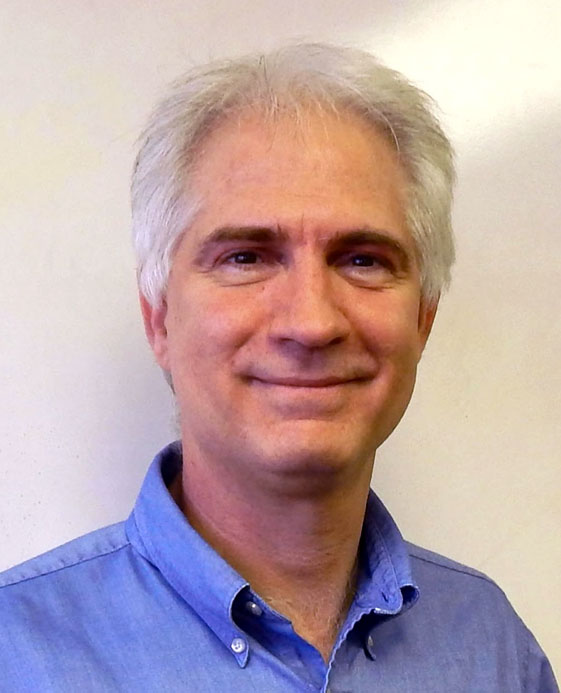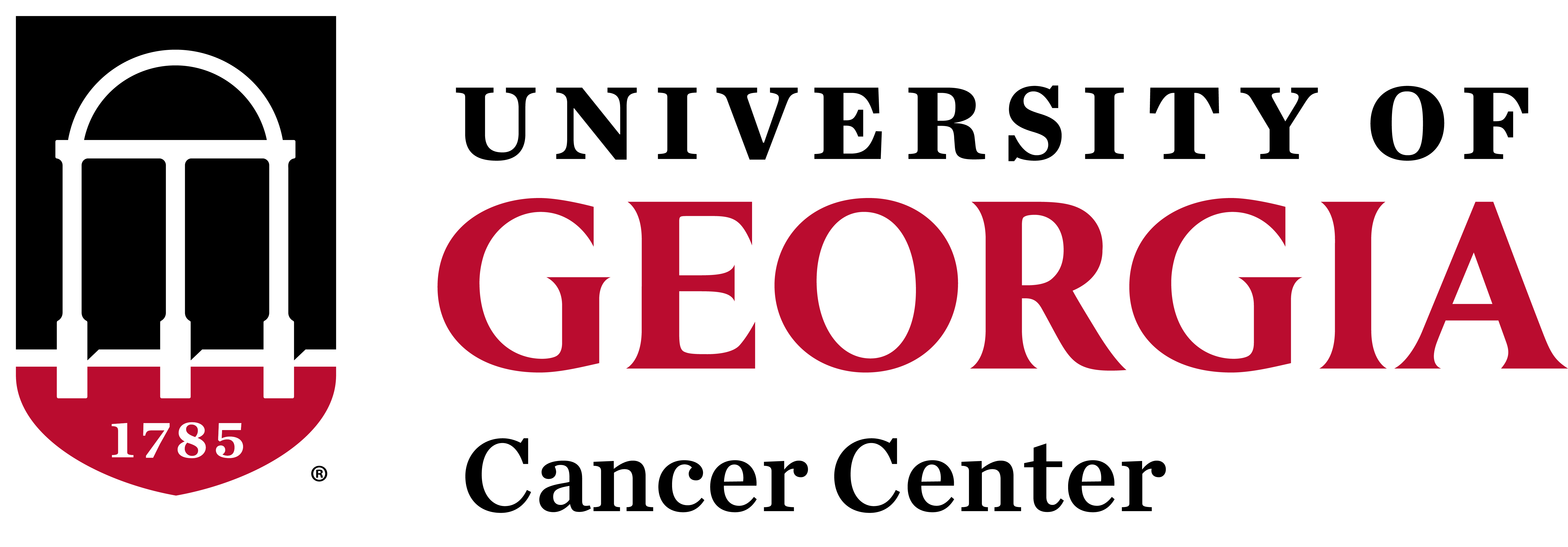
Edward T. Kipreos
I have extensive experience with cell cycle regulation and signaling using mammalian tissue culture cells and C. elegans as experimental model systems. My background has provided a strong foundation in cell cycle regulation. As a graduate student with Dr. Jean Wang at UCSD, I studied the v-abl and c-abl tyrosine kinases and cell cycle regulation in mammalian tissue culture cells (a, b). As a postdoctoral fellow with Dr. Ed Hedgecock at Johns Hopkins University, I studied the regulation of cell proliferation in C. elegans. During my postdoctoral work, I co-discovered the cullin gene family when I cloned the cul-1 gene and showed that it was required for cell cycle exit in C. elegans (c). Cullins form the scaffold for cullin-RING ubiquitin ligase (CRL) complexes. A central focus of my laboratory is on the functions of CRL complexes, which we study in both C. elegans and mammalian tissue culture cells. CRLs are involved in diverse cellular pathways, and this has allowed us to make important discoveries in multiple areas of biology. We have discovered: how CRL4CDT2 complexes regulate DNA replication-licensing factors to ensure that genomic DNA is replicated only once per cell cycle; how CRL2FEM-1 controls sex determination by targeting the degradation of a Gli-family transcription factor; and how both CRL4 and CRL2 complexes regulate the cell cycle and cell motility by targeting the degradation of CDK-inhibitors (d). Current studies that focus on signaling include: the discovery that a CRL2 complex targets RSK1 and RSK2 for degradation in mammalian cells; the negative regulation of Notch signaling by the CRL2LRR-1 complex; and the discovery of a CRL-regulated pathway that links insulin signaling and the control of mitochondrial morphology. In an unrelated project, we created the first primary culture system for C. elegans germ cells and used it to identify a specific bacterial folate as an exogenous signal that stimulates germ stem cell proliferation. We show that the folate signaling occurs independently of the folate’s role as a vitamin in one-carbon metabolism, suggesting a new signaling pathway. This research has implications for cancer because the folate receptor is overexpressed in many cancer cells and promotes cancer proliferation. Our current research includes studies on non-canonical folate pathways in human cancer cells.
- I have extensive experience with cell cycle regulation and signaling using mammalian tissue culture cells and C. elegans as experimental model systems. My background has provided a strong foundation in cell cycle regulation. As a graduate student with Dr. Jean Wang at UCSD, I studied the v-abl and c-abl tyrosine kinases and cell cycle regulation in mammalian tissue culture cells (a, b). As a postdoctoral fellow with Dr. Ed Hedgecock at Johns Hopkins University, I studied the regulation of cell proliferation in C. elegans. During my postdoctoral work, I co-discovered the cullin gene family when I cloned the cul-1 gene and showed that it was required for cell cycle exit in C. elegans (c). Cullins form the scaffold for cullin-RING ubiquitin ligase (CRL) complexes. A central focus of my laboratory is on the functions of CRL complexes, which we study in both C. elegans and mammalian tissue culture cells. CRLs are involved in diverse cellular pathways, and this has allowed us to make important discoveries in multiple areas of biology. We have discovered: how CRL4CDT2 complexes regulate DNA replication-licensing factors to ensure that genomic DNA is replicated only once per cell cycle; how CRL2FEM-1 controls sex determination by targeting the degradation of a Gli-family transcription factor; and how both CRL4 and CRL2 complexes regulate the cell cycle and cell motility by targeting the degradation of CDK-inhibitors (d). Current studies that focus on signaling include: the discovery that a CRL2 complex targets RSK1 and RSK2 for degradation in mammalian cells; the negative regulation of Notch signaling by the CRL2LRR-1 complex; and the discovery of a CRL-regulated pathway that links insulin signaling and the control of mitochondrial morphology. In an unrelated project, we created the first primary culture system for C. elegans germ cells and used it to identify a specific bacterial folate as an exogenous signal that stimulates germ stem cell proliferation. We show that the folate signaling occurs independently of the folate’s role as a vitamin in one-carbon metabolism, suggesting a new signaling pathway. This research has implications for cancer because the folate receptor is overexpressed in many cancer cells and promotes cancer proliferation. Our current research includes studies on non-canonical folate pathways in human cancer cells.
- https://www.ncbi.nlm.nih.gov/sites/myncbi/edward.kipreos.1/bibliography/41145044/public/?sort=date&direction=ascending
